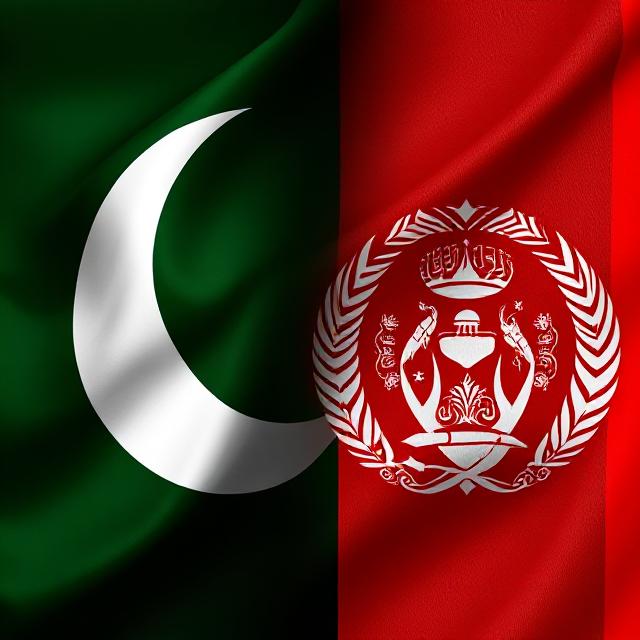Doha deal halts escalating conflict
Pakistan and Taliban-led Afghanistan have agreed to an immediate ceasefire, ending the fiercest fighting between the two neighbours in years.
The breakthrough came on Sunday after Qatar and Turkey brokered high-level talks in Doha between the countries’ defence and intelligence chiefs.
The week-long clashes saw cross-border raids and Pakistani air strikes on targets in Kabul and Kandahar, killing at least 37 civilians, according to the United Nations mission in Afghanistan.
In a statement on X, Taliban government spokesperson Zabihullah Mujahid said both sides had pledged to halt “all hostile actions” and not to support groups targeting the other. “Both sides will refrain from targeting each other’s security forces, civilians, or critical infrastructure,” he said.
Pakistan’s defence minister Khawaja Asif confirmed the truce, adding that delegations would meet again in Istanbul later this month to discuss longer-term security arrangements.
Tensions over militant activity
Relations between the two countries, once allies, have deteriorated sharply in recent months. Islamabad accuses the Afghan Taliban of harbouring militants from the Tehrik-e-Taliban Pakistan (TTP) and Baloch separatist groups responsible for deadly attacks across Pakistan. Kabul denies the claims, insisting it does not allow its territory to be used for operations against other states.
According to the South Asia Terrorism Portal, more than 900 Pakistani security personnel have been killed this year by insurgents near the Afghan border – the highest toll since 2009.
The recent escalation began after an alleged Pakistani air strike on Kabul on 9 October, coinciding with a visit to India by Afghanistan’s foreign minister Amir Khan Mutaqi. The Taliban responded with a “retaliatory operation” two days later, sparking days of violence along the border.
Fragile peace amid regional tensions
Qatar’s foreign ministry said the agreement aimed to “establish mechanisms to consolidate lasting peace and stability” between the two sides.
The clashes came as the Taliban deepened ties with India, Pakistan’s regional rival, after New Delhi reopened its embassy in Kabul earlier this month – a move that further strained Islamabad’s relations with the Afghan government.
While both countries have now agreed to silence their guns, analysts warn the truce remains fragile. The ceasefire’s success will depend on whether Kabul reins in cross-border militant groups – a promise Pakistan says has been broken before.







